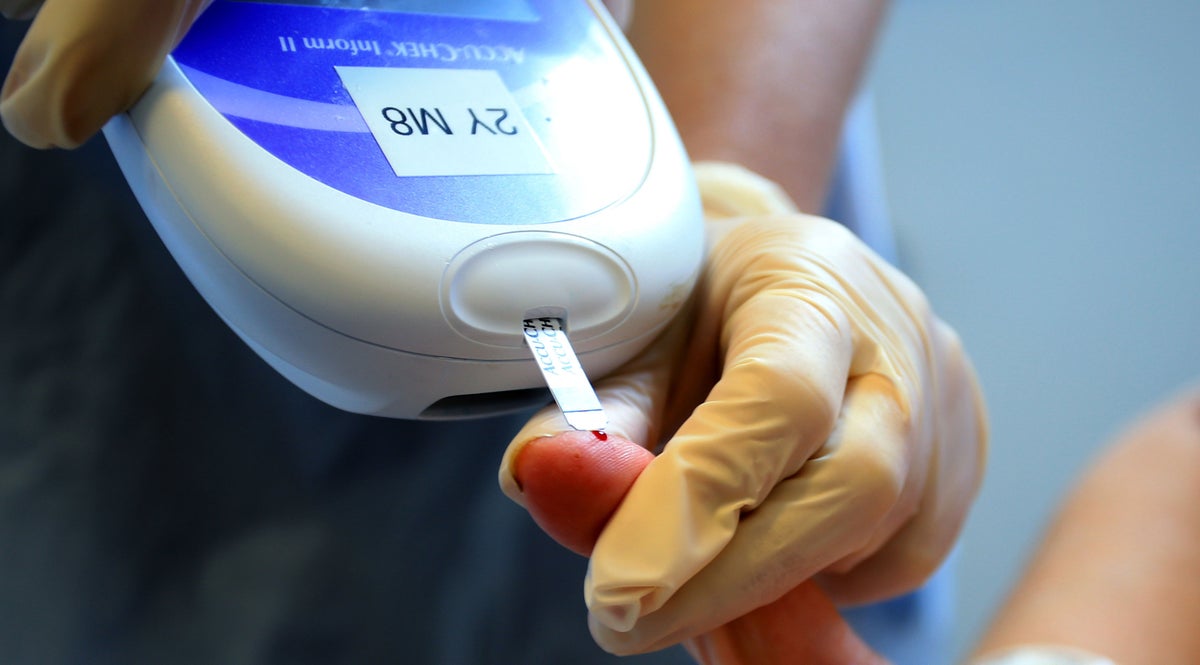
A new treatment designed to help people with type 2 diabetes could help them to lose weight while they sleep.
According to researchers at the University of Portsmouth, the technology they have developed aims to lower amounts of oxygen (hypoxia) during sleep, which could lead to weight loss.
The team behind the treatment are currently recruiting for volunteers to take part in a trial that will see them test it out.
The aim is to investigate whether sleeping in special tents with lower oxygen in the air is effective at improving blood glucose control and whether this leads to weight loss.
The theory is based on previous research that has shown hypoxia can lead to reduced appetite and help people with type 2 diabetes to burn more calories.
Volunteers will be required to sleep in a tent in their home set up by the researchers for two 10-day periods.
In one of those periods, the oxygen levels will be set to 15 per cent, which is akin to the amount for people on an airplane.
Participants will be asked to keep a food diary and provide stool, urine and blood samples throughout the trial while also wearing smart monitors.
Their blood glucose levels will also be tested.
Dr Ant Shepherd, senior lecturer at the University of Portsmouth, said: “Type 2 diabetes is a common condition that causes blood glucose levels to become too high.
“For many people, it is a long-term condition which can negatively impact their everyday life and put them at a greater risk of developing other serious health complications, such as heart disease or eye problems.
“While it is possible to lose weight and reduce blood glucose levels through changes in diet and increased exercise, there are a range of factors and barriers which make these lifestyle changes difficult for some people to initiate.
“With the number of people living with type 2 diabetes expected to reach 700 million worldwide by 2045, is it vital that we find other successful interventions to help us treat and manage the condition, reducing the cost to the NHS and making people’s day-to-day lives better.”
Additional reporting by PA







